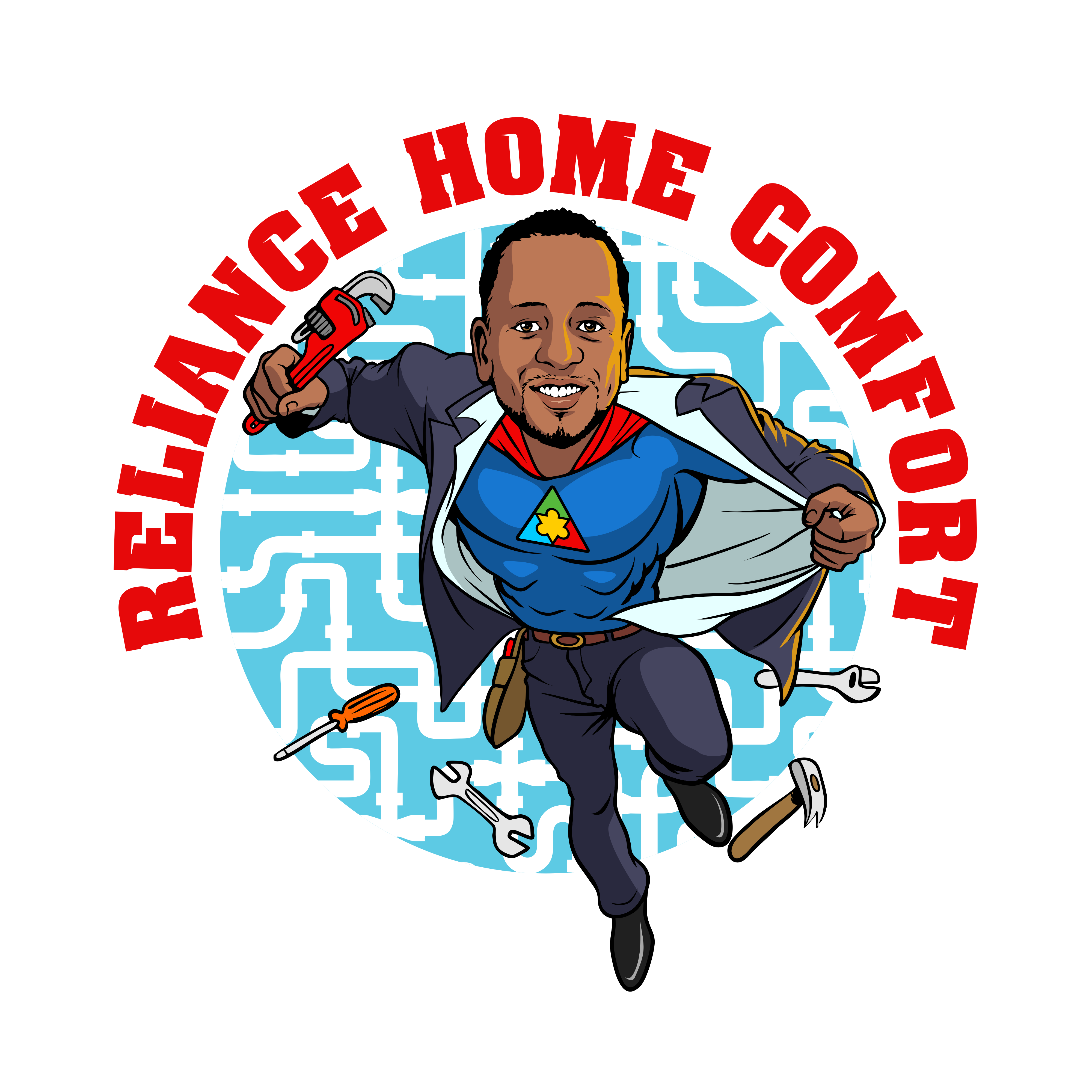Keeping your heating and cooling system in good shape is important for your energy bill, the comfort of your home, and for financial planning. Knowing whether it is time to repair or replace your HVAC system is key because of the costs that go along with it. The average cost of a new system is $7,000 but it could range anywhere from $5,000 to $10,000 depending on the style you choose and the size of your home. The average lifespan of an HVAC unit is about 15 years, but that can be lengthened if it is well cared for, with regular maintenance each spring and fall, and if it isn’t used all year long. The expected lifespan can be shortened if a system is neglected, is not operated efficiently, or if you live in an area that requires year-round heating or cooling. Just like an old car, there comes a time when the cost of repair is more than it is worth. Knowing when that time is coming can help you to plan ahead, rather than waiting until the system fails.
So, how can you know whether you should pay to repair your current HVAC system, or replace it?
There are many warning signs that can tell you that your HVAC system is nearing the end of its life:
- The system seems to work inefficiently, working hard but still not achieving the desired temperature
- The age of the current system: According to Energy Star, if you replace an older unit, that is between 10 and 15 years old, you could save up to 20% on your heating and cooling bill. If you aren’t sure of the age of your unit, look up the serial number
- The quality of the current system – a cheaper model probably will not live as long as a more expensive one
It makes odd noises when it starts to run - The air in your home seems stuffy or damp
When deciding whether to repair or replace your HVAC system, don’t just look at your heating and cooling bills. You also have to factor in the cost of any repairs or maintenance. Constant repairs over time will add up and you might end up spending more on repairs than a new unit would’ve cost.
You can cut down on repairs and on your energy bill by making sure your system is well cared for:
- Replace filters as required. Most filters need to be changed about every 3 months.
- Check for clogged or leaking air ducts.
- Schedule regular maintenance in the spring, before turning on the air conditioning, and in the fall, before switching to heat.
By caring for your system, you can help extend it’s life, and hopefully avoid costly repairs.
If you are considering replacing your system, have a certified HVAC technician examine it. Key factors when replacing an HVAC system include:
- Age of the system – Anything older than 5 years is no longer considered “new”. If the system is more than 10 years old, replacement may be your best option, if the issues are substantial
- Return on Investment (ROI) – how long do you plan to stay in your home? If you are planning to move soon, purchasing a new system may not be your best option. You can ask your HVAC technician to assess your ROI and to give you a lifetime cost analysis. This determines the cost of a product over its lifetime, including the cost of operating, maintaining, and using it. This is a more realistic way of looking at an HVAC unit, rather than just the purchase price.
- The 50% Rule – According to Consumer Reports, if a repair costs less than 50% of the value of the item, a repair may be the best option. A repair may be a good choice, but you also have to factor in the age and condition of the current system. Asking the advice of a certified HVAC technician would be wise.
- First Repair – if this will be your system’s first repair, a repair might be the better option. If you have already paid for a significant repair, it might be time to consider replacing the system.
There are many factors to consider when thinking about replacing or repairing an HVAC system. The best option is to have a certified HVAC technician on hand to answer questions, give advice, and give the current system a thorough exam. Having a good relationship with an HVAC company can come in handy. Having regular maintenance each year will lengthen the lifespan of your heating and cooling system. It will also allow technicians to become familiar with your unique unit, so they can give you a more informed assessment when it comes time for you to decide to repair or replace your system. Give Reliance Home Comfort a call today to schedule a maintenance visit, or to ask about whether it’s time for you to repair or replace.

